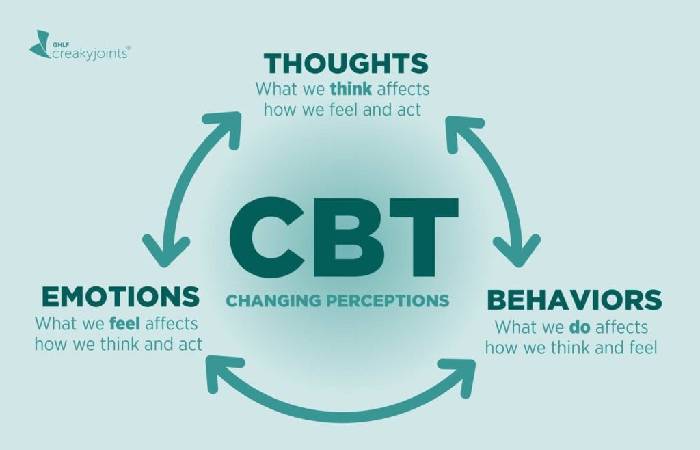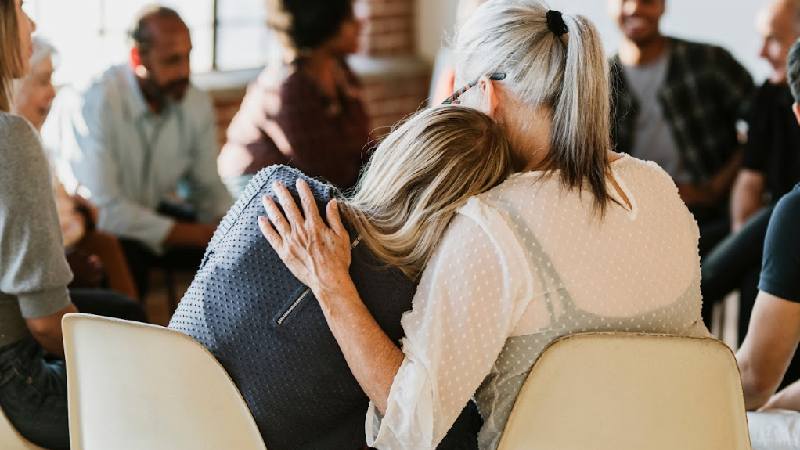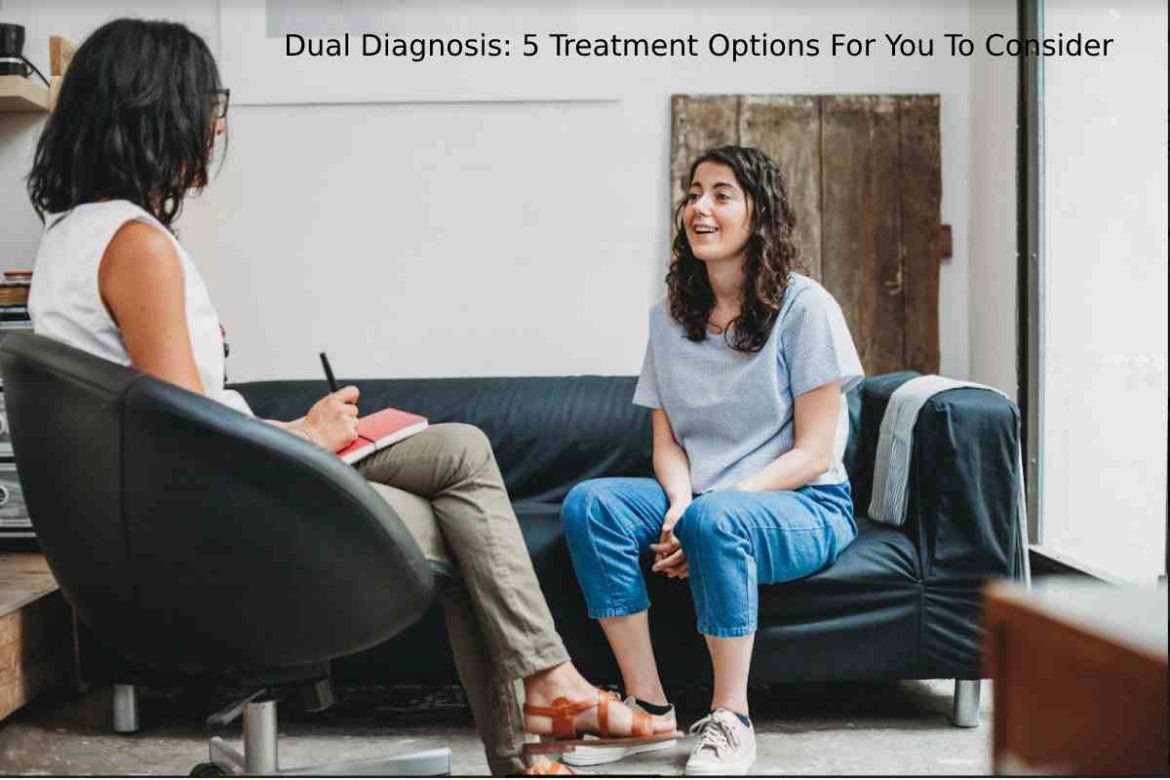Dual Diagnosis – A dual diagnosis is when a person has a co-occurring mental disorder like depression and substance addiction. Many factors cause the two to occur together. For instance, risk factors such as stress, genetics, or trauma can trigger both mental and drug problems. Aside from that, it’s common for people with mental illness to rely on substances like alcohol to feel better.
Most self-medicate to be able to sleep, increase energy, boost moods, or numb emotional pain. On the other hand, excessive substance use may gradually lead to psychological issues. Whatever the case, the interaction of these two can worsen your health. Therefore, it’s best to seek an integrated treatment addressing both conditions. Here are five treatment options for you to consider:
Inpatient Rehabilitation Programs
In an inpatient rehabilitation centre, you can receive full support and structured treatment for both conditions. Around-the-clock treatment programs like the inpatient drug rehab program at Ranch Creek or other facilities are advisable. These programs can be beneficial if you have a severe mental disorder plus heavy substance use. On the other hand, outpatient programs can work if you’re dealing with impairments. This way, you can get through your usual daily routine, like going to work while getting treatment.
During admission, health professionals at these facilities conduct an assessment to determine your medical history and current health condition. This assessment includes physical, mental, social, and emotional health evaluations. After that, they can identify the appropriate program and ideal therapy options to produce excellent outcomes.
Here are some of the commonly used psychotherapy interventions:
Cognitive Behavioral Therapy (CBT):

This talk therapy focuses on transforming your thinking patterns through changing mental and behavioral patterns. That’s because, according to medical professionals, human habits primarily depend on feelings or thought processes. Therefore, as a patient, you learn the patterns associated with dysfunctional behavioral responses and new strategies to cope with each problem. Generally, this psychotherapy intervention aims to improve interpersonal functioning and ensure a balance of mind.
Family therapy:
Participating in treatment with your loved ones motivates you emotionally to get past your condition. In these sessions, your therapist can also help you explore family conflicts and stress that may contribute to relapse and how best to prevent them.
Individual therapy:
This is a confidential session between you and the therapist. Essentially, it’s a safe space to tell your story for your counselor to have a better understanding of your condition and assist you in discovering healthy habits. Unlike group therapies, it is more intense and comprehensive as the health professional tailors the entire session to suit your specific needs.
Group therapy sessions:
These sessions help you build trust and confidence as you surround yourself with people who have a common understanding of the harrowing experience. Therefore, this increases your determination to learn and implement coping skills.
Aside from that, the social workers ensure you get proper aftercare after discharge. Finally, you must settle in an area free from temptations, even if it means finding alternative housing arrangements.
Support or self-help groups
Coping with a dual diagnosis can be very challenging, especially if it comes with a stigma. Therefore, you may want to find a support group where you can freely interact with your peers facing the same problem. This way, you can share your thoughts, learn practical recovery tips and celebrate wins. Also, this is the place to develop good friendships that can motivate you throughout your recovery journey.

Below are some benefits of joining these groups:
- Regular attendance can help boost your self-esteem and self-efficacy.
- You develop a better understanding of what to expect during your recovery journey.
- Constant support reduces the odds of a relapse.
- You learn new lifestyles and learn social contact.
- You can learn other treatment options from your peers.
Medical treatment
Dual diagnosis treatment centers have certain prescription medications that patients can use to treat mental illness and facilitate substance recovery. You’ll first undergo an evaluation to identify the appropriate care for your condition, after which trained and licensed medical professionals closely monitor you.
For addiction, detox helps taper the amounts of substances in your body. Depending on the drug and your body’s response, it could take days or weeks. Other addictions, like the use of opiates, may require medication-assisted treatment (MAT). These prescriptions regularize brain activity, block intoxicating effects, and alleviate psychological cravings.
When it comes to mental disorders, there are approved mood-stabilizing medications that can relieve symptoms like the following:
- Anxiety
- Depression
- Mood swings
- Hallucinations
- Bipolar disorders
- Post-traumatic stress disorder
Nutritional Counseling
Nutritional counseling is now a significant part of treating mental illness and addiction. Constant use of drugs such as alcohol or mental disorders like depression might keep you from taking your meals at the levels considered healthy. Therefore, the nutritional intervention aims to correct your negative attitudes toward nutrition that might hinder or delay your recovery.
For an in-depth analysis, the trained professionals may have to ask you important questions such as your
- meal volume and frequency,
- level of calorie intake,
- percentage of vitamin, carbohydrate, fat, and protein intake,
- supplement consumption, and
- substance usage.
To replenish the depleted nutrients in your body, your health professional will advise you to increase the intake of proteins, vitamins, and other minerals. However, how much you take depends on your present condition. Diets rich in fatty acids, iron, vitamin A, vitamin C, zinc, B vitamins, magnesium, and folate have been mainly linked to better mental health. A nutrition expert may also have to examine other physical and biochemical changes contributing to inefficient eating habits. Also, note that these professionals will incorporate motivational approaches into these sessions to build and boost your commitment to change.
Relaxation methods
The most challenging time for dual diagnosis patients is when they experience a trigger alone and find trouble asking for support. During such times, relaxation techniques like yoga can help you find the inner strength to make positive decisions. They help to
- soothe your mind,
- divert you from the negative thoughts, and
- reduce tension, stress, and anxiety.
However, note that relaxation methods go hand in hand with other safe therapies for more comprehensive treatment and quicker recovery.
Conclusion
Substance abuse and mental disorders occur at the same time in most cases. Unfortunately, this interconnection can adversely impact your health and be challenging to deal with on your own. Therefore, you may want to seek treatment options like therapy, joining self-help groups, getting medical treatment, and employing relaxation methods.
More often than not, you may need a combination of two or more of these methods. But it all begins with a sincere determination to change. So, keep yourself strong, turn away from drugs, and embark on the treatment journey.


